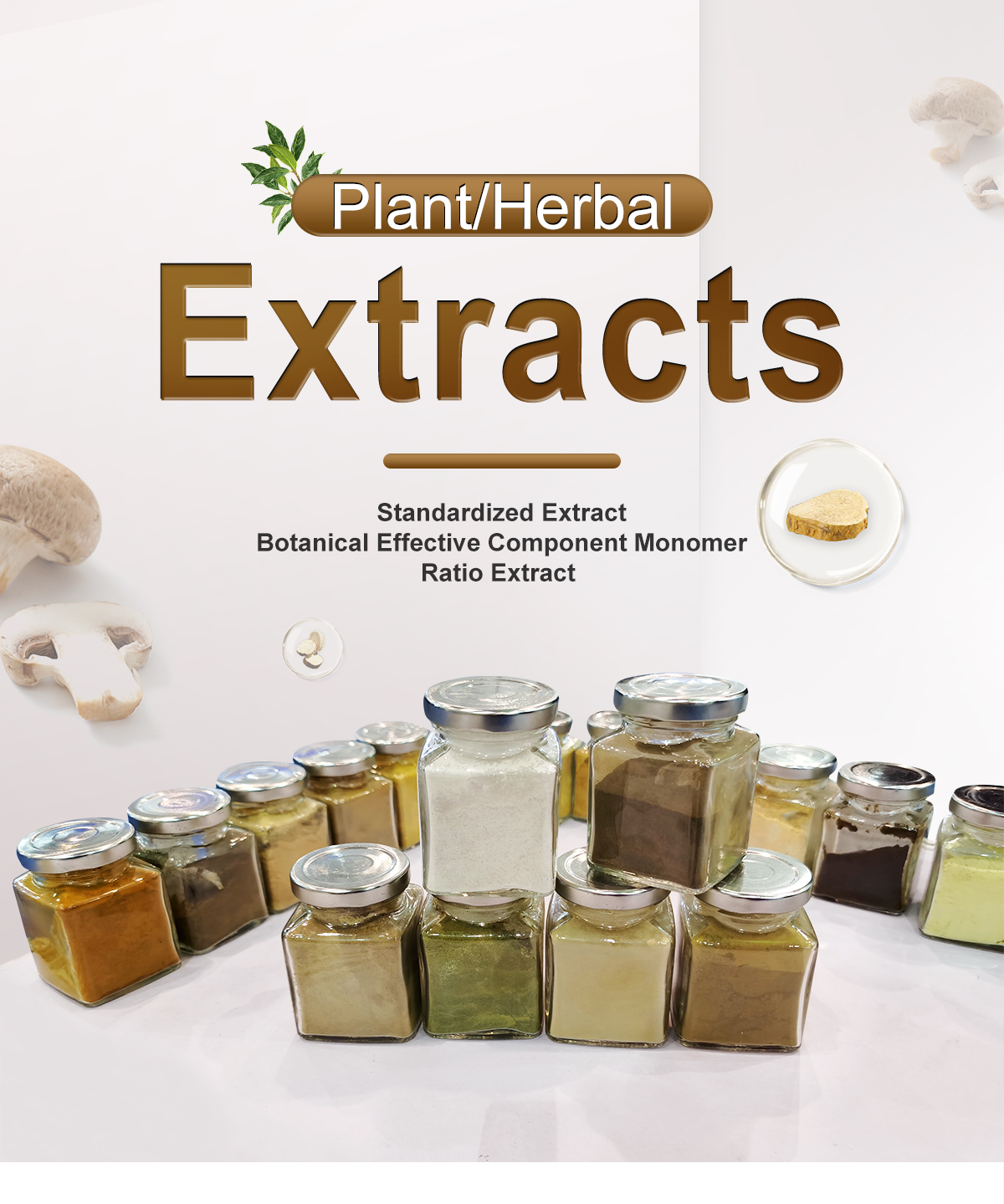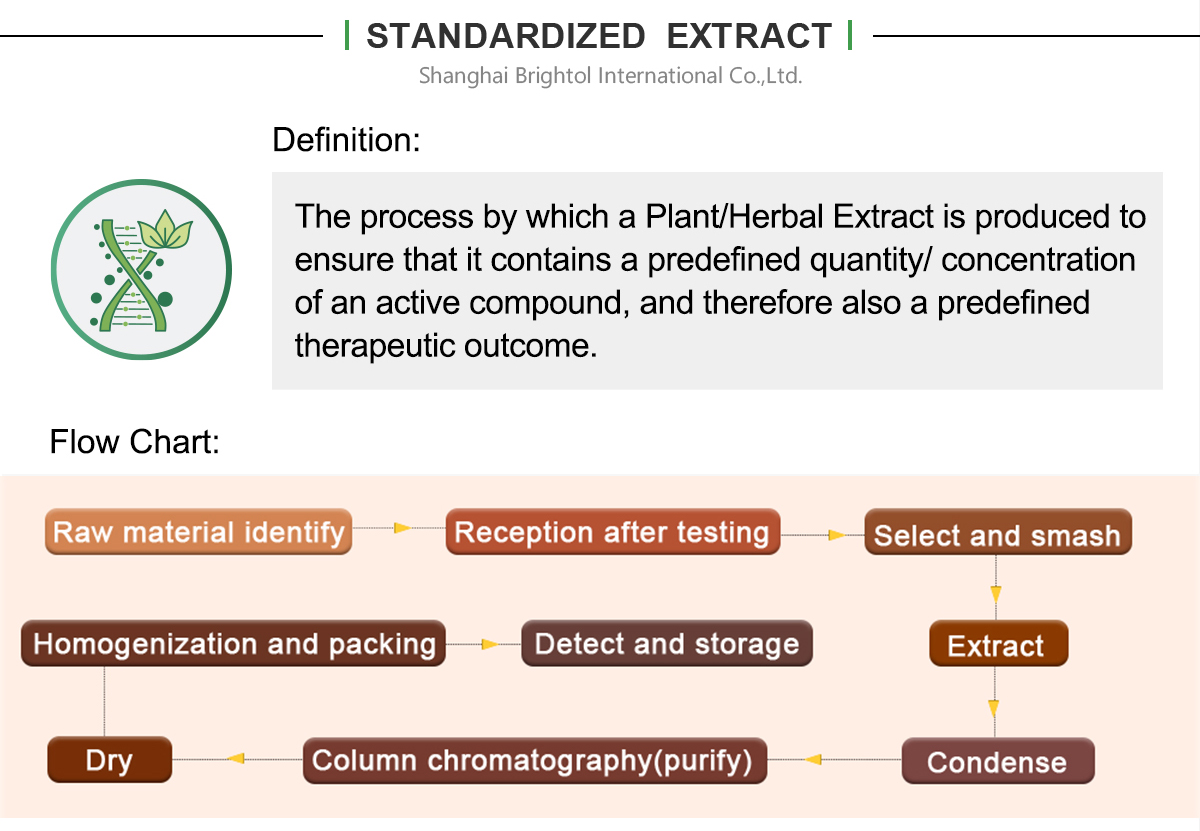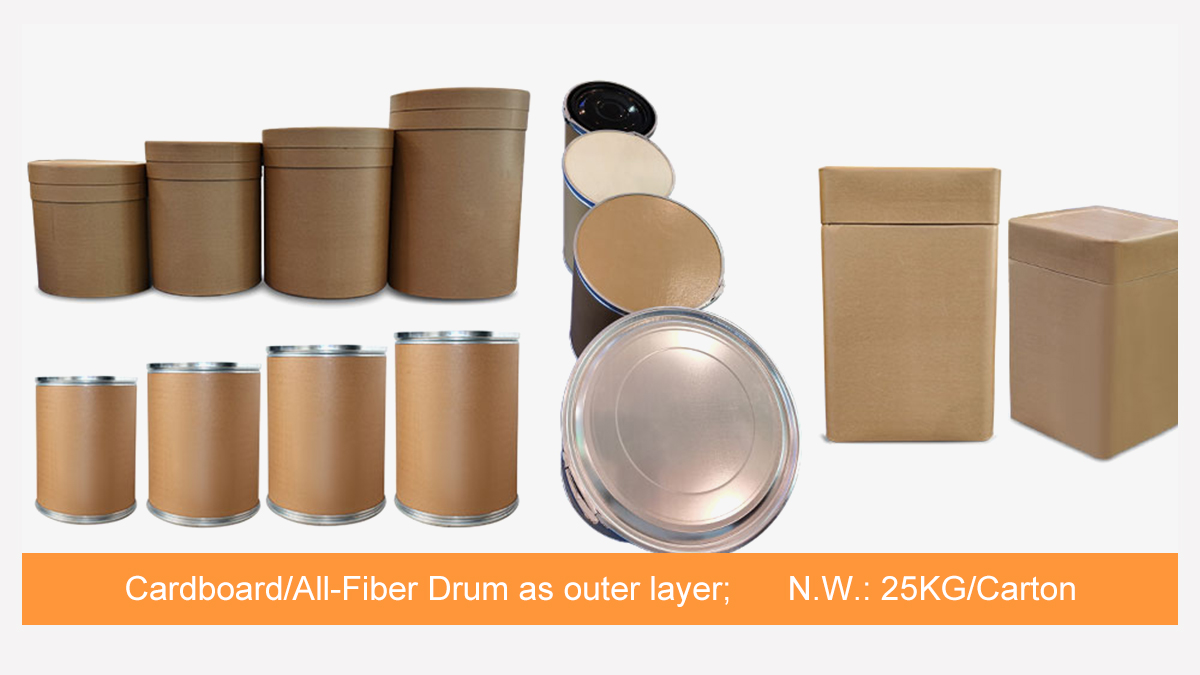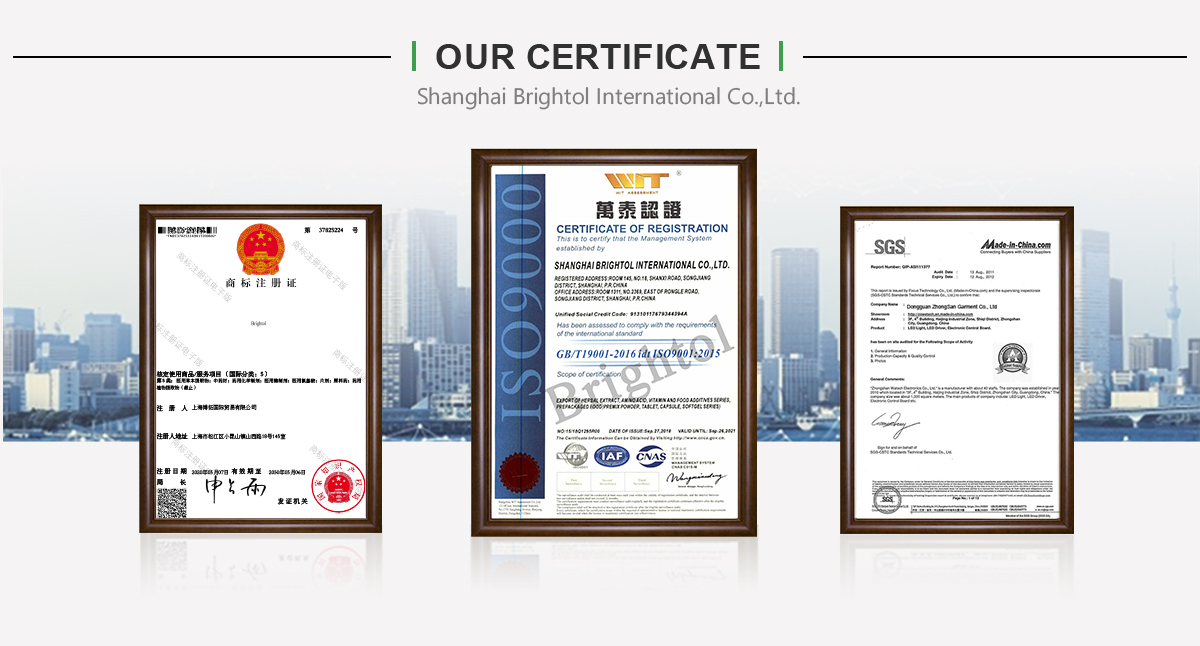

Weeping Forsythia Extract Powder
Latin Name: Forsythia suspensa
Spec: 2%-5%
Description
Weeping forsythia is native to China and popularly planted in North America for its arching branches that bear numerous, early-blooming, yellow flowers. The tips of its arching stems can root when they touch the ground; thus, the plant can spread. Its stems can be trained to twine like vines, making for a nice privacy hedge or garden border.
Benefits
Medicinally, forsythia has been used for thousands of years in traditional Chinese herbal healing. The fruit, called lian qiao in China, is used internally for chills, fevers, headaches, muscle soreness, and expelling internal parasites, and externally for burns, cuts, scrapes, infections, and rashes.


Weeping Forsythia Extract Powder
Latin Name: Forsythia suspensa
Spec: 2%-5%
Description
Weeping forsythia is native to China and popularly planted in North America for its arching branches that bear numerous, early-blooming, yellow flowers. The tips of its arching stems can root when they touch the ground; thus, the plant can spread. Its stems can be trained to twine like vines, making for a nice privacy hedge or garden border.
Benefits
Medicinally, forsythia has been used for thousands of years in traditional Chinese herbal healing. The fruit, called lian qiao in China, is used internally for chills, fevers, headaches, muscle soreness, and expelling internal parasites, and externally for burns, cuts, scrapes, infections, and rashes.
Forsythia is high in oleanolic acid and is believed to be able to help maintain the heart muscle as well as the ability to help maintain healthy blood pressure.
Additionally, traditional Chinese medicine shows forsythia to have both broad-spectrum antimicrobial and antiinflammatory properties. It is suggested that preparing a tea of young, tender leaves may help with the symptoms of sore throat, diarrhea and flu.











